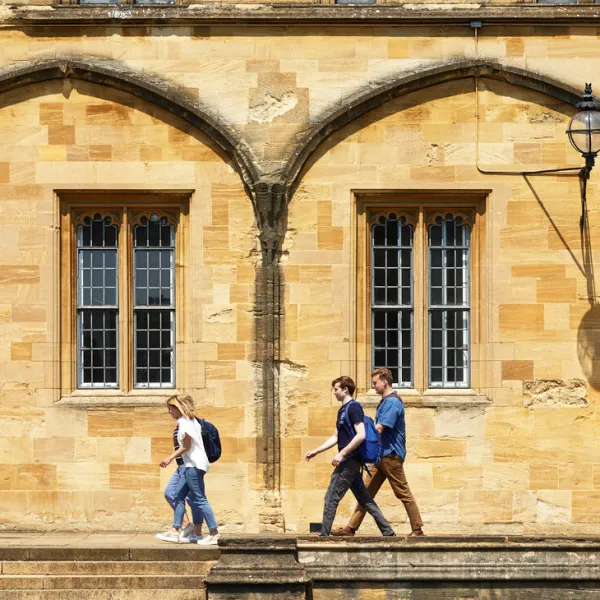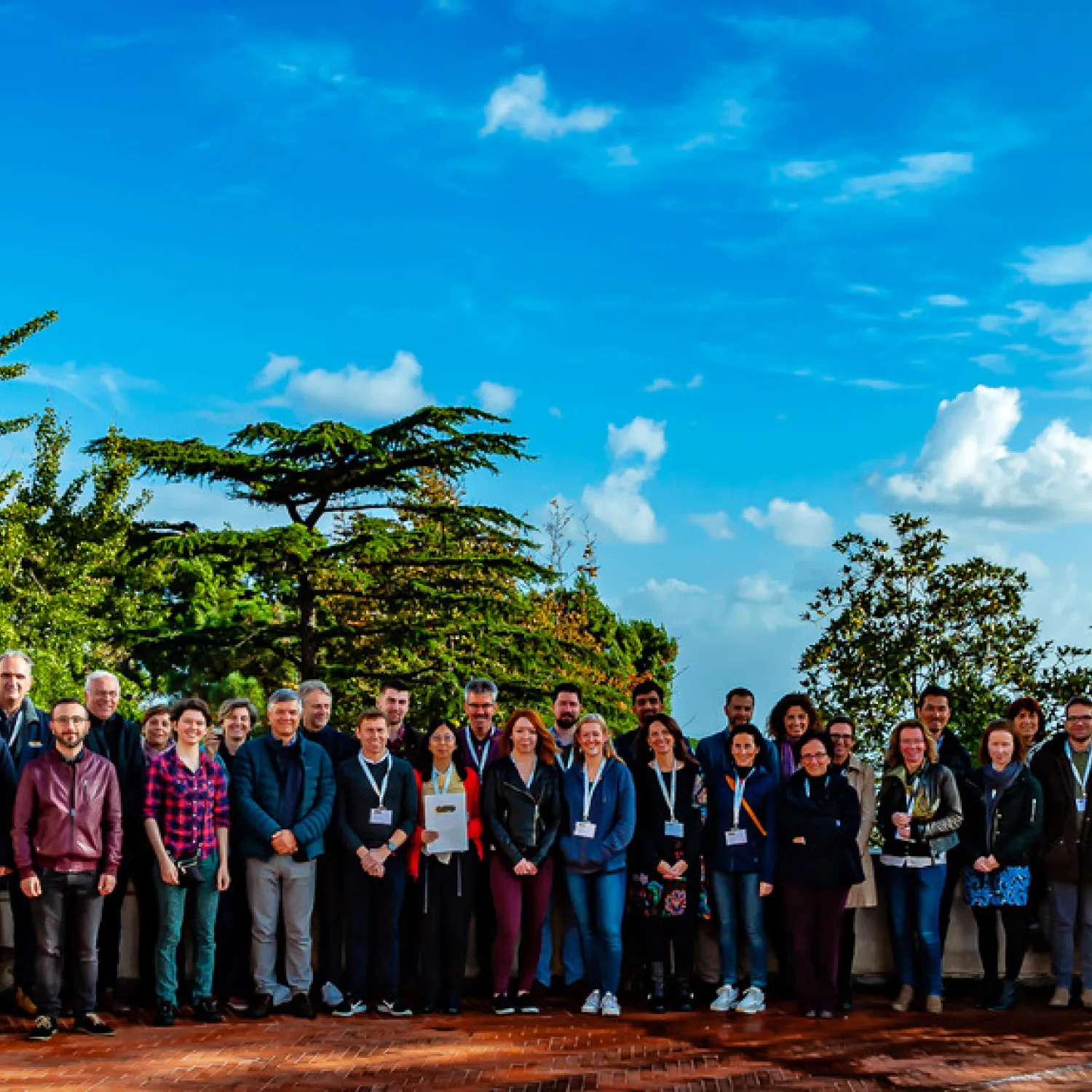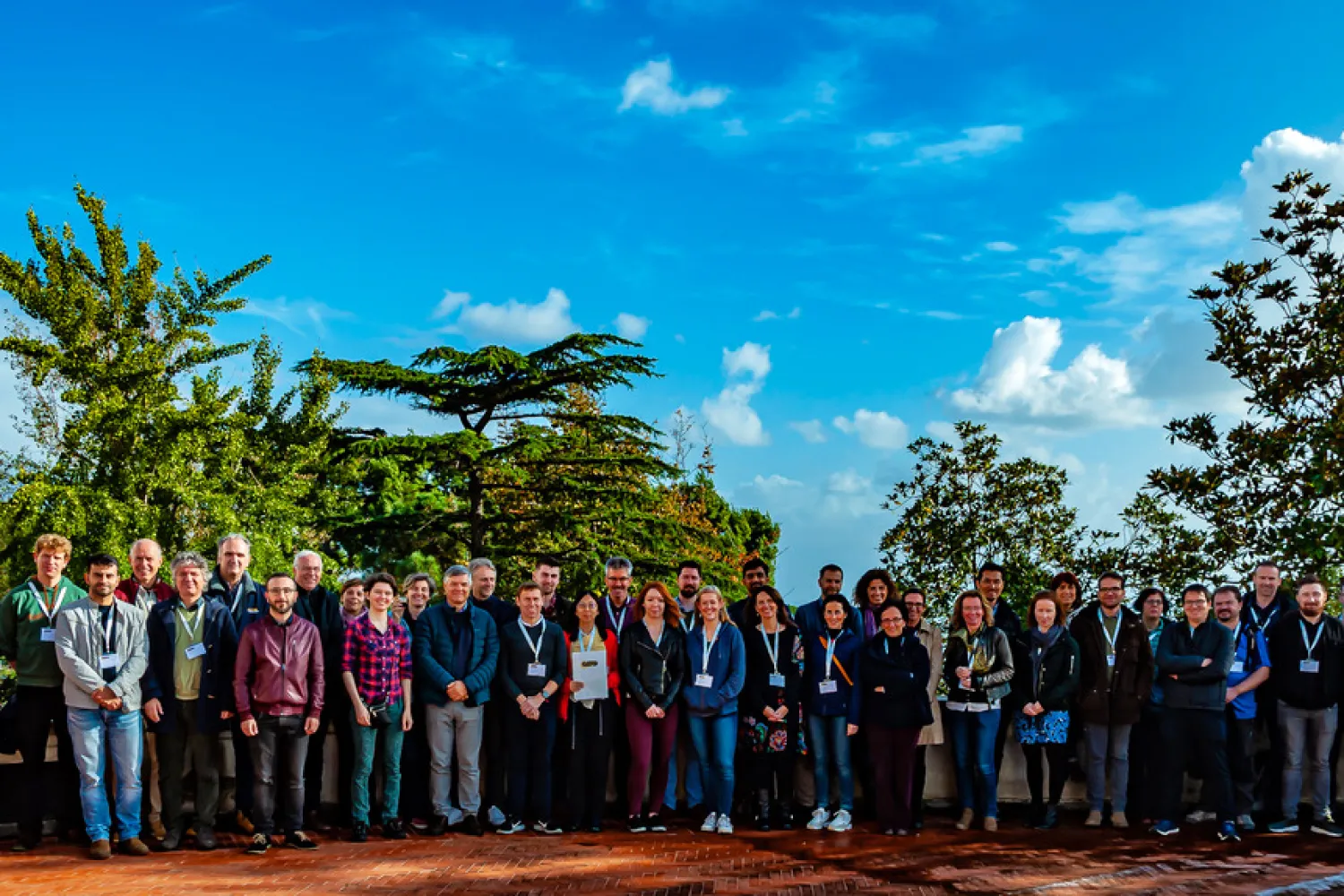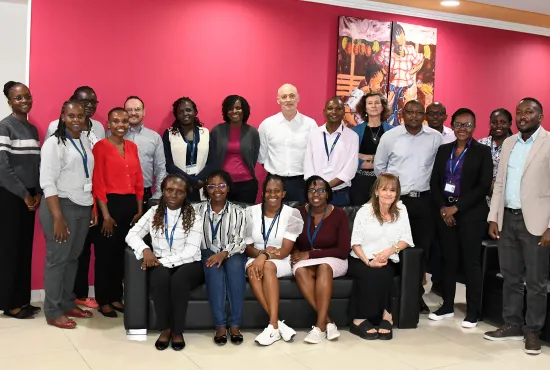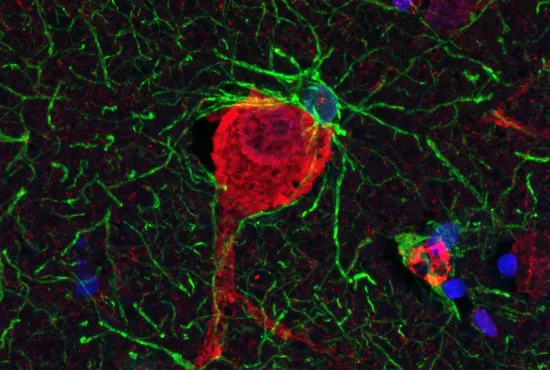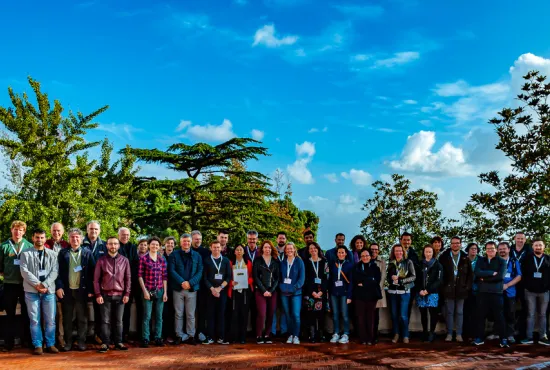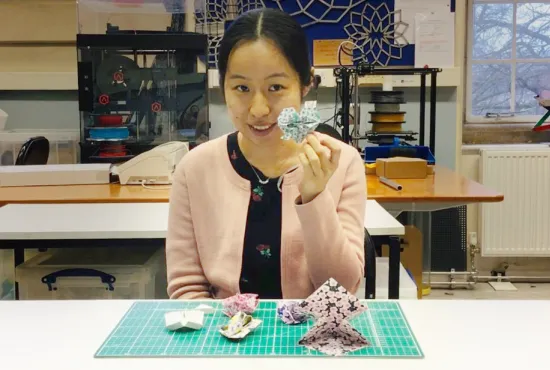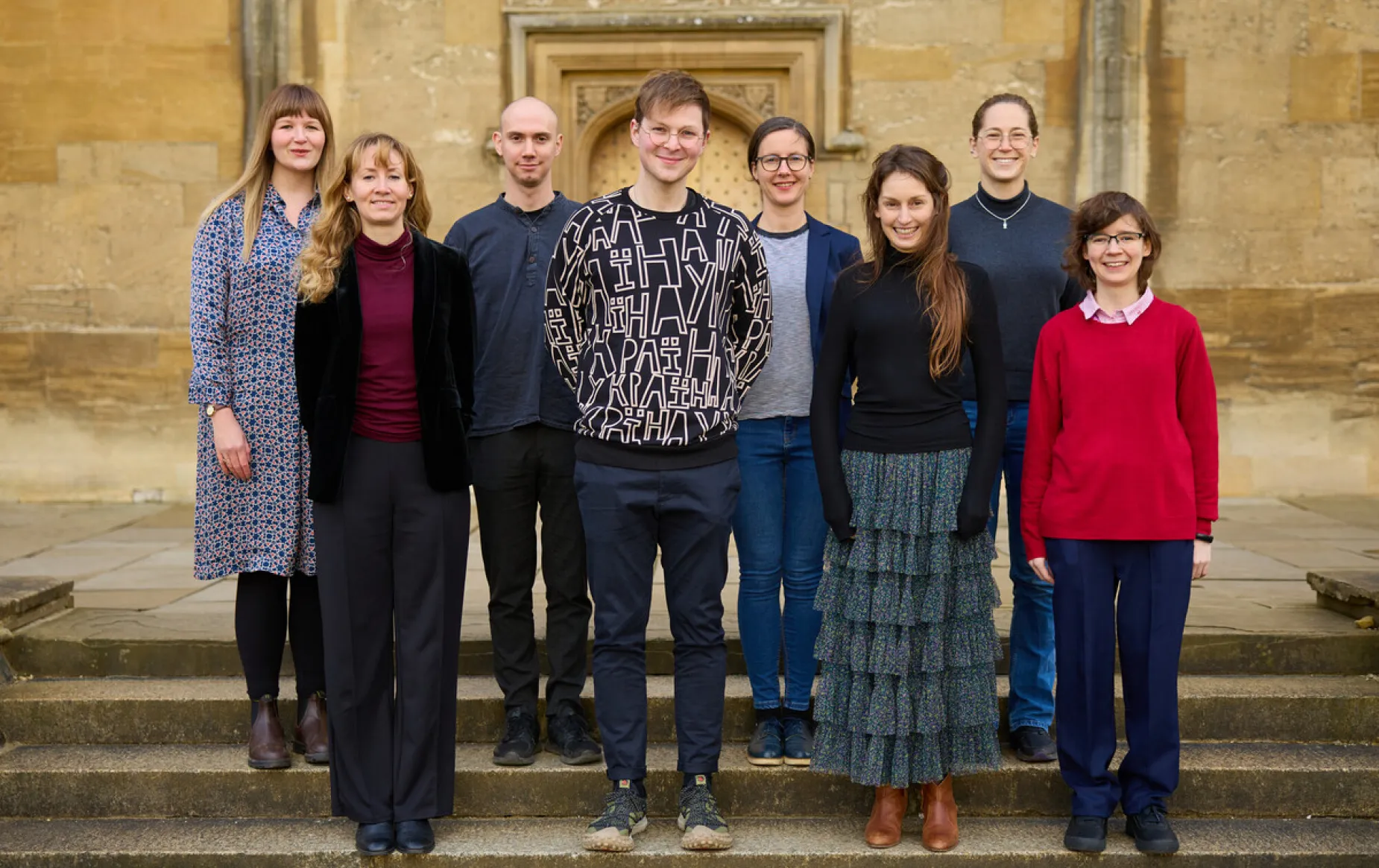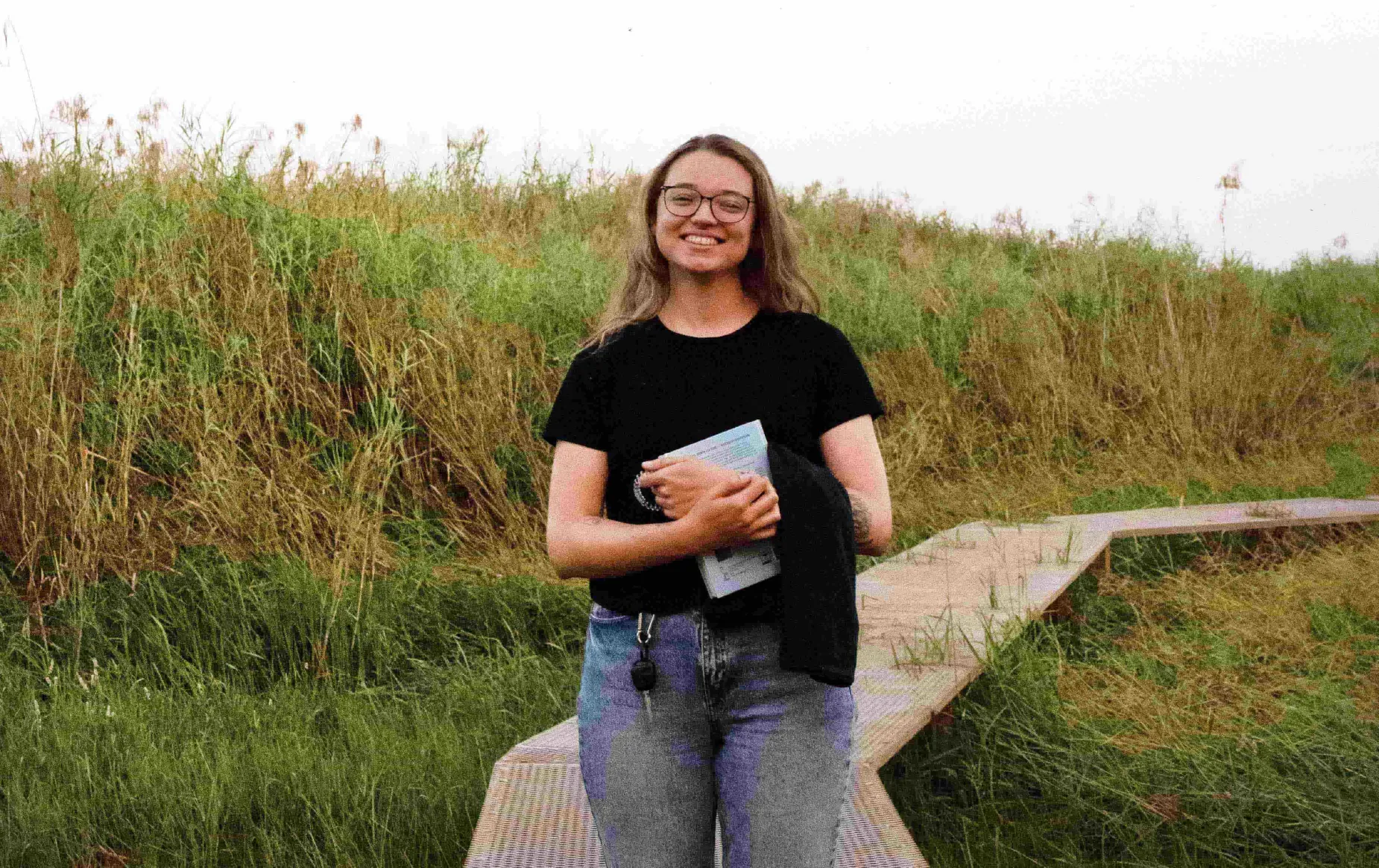“I'm researching how playing video games might influence the ways we think, know, and make meaning. As games become more widespread and integrated into people's daily lives, it's important to understand how they shape our relationships with knowledge. I take an ethnographic case study approach to do this, involving in-game interviews, diary studies, and semi-structured ethnographic interviews.
“My research builds off a pilot study I ran last year, where I interviewed players of ‘Animal Crossing: New Horizons’ inside of the game itself. I explored how players use the game to reflect on their identities, express themselves creatively, connect with their friends and loved ones, and think critically about their own lives. In addition to examining player experiences, I’ll be interviewing game designers to understand their intentionality into such meaning-making experiences through play. I plan to develop design guidelines to consider what the future of everyday play can and should look like.”

